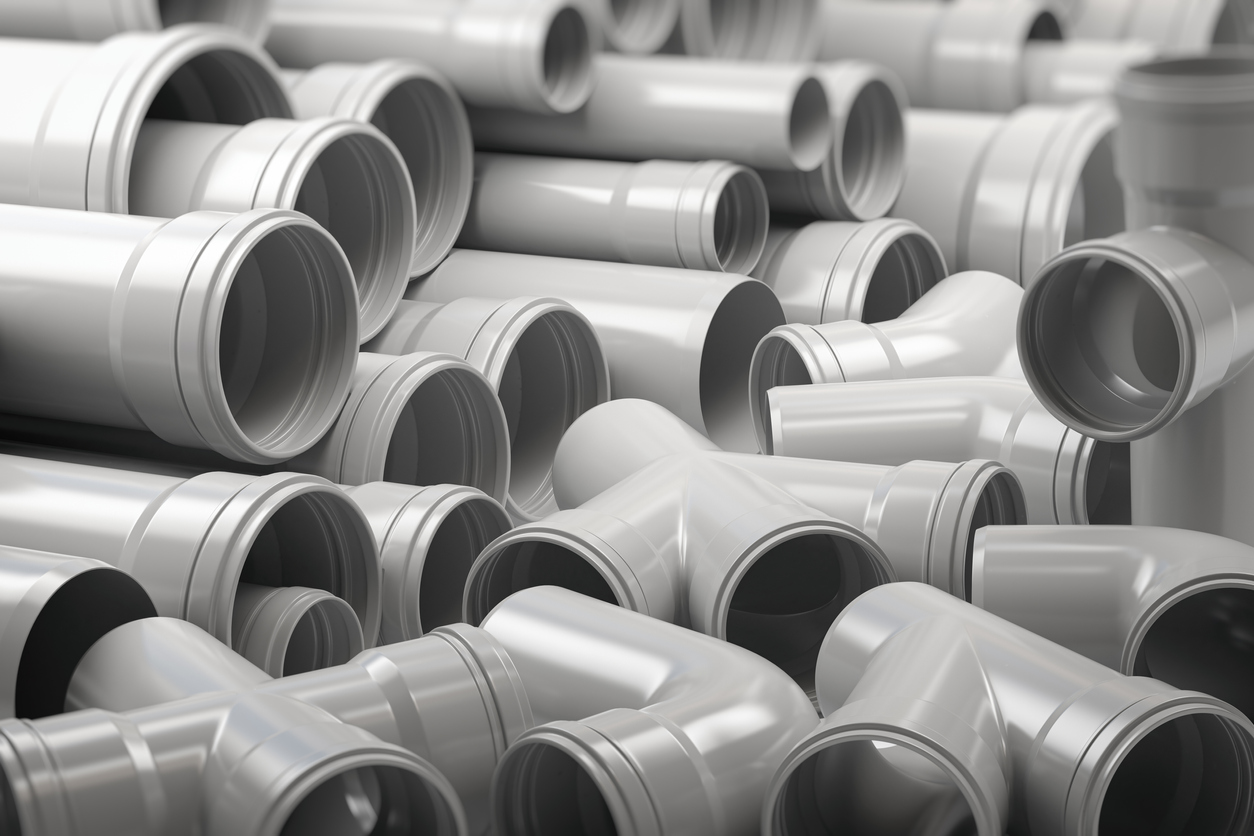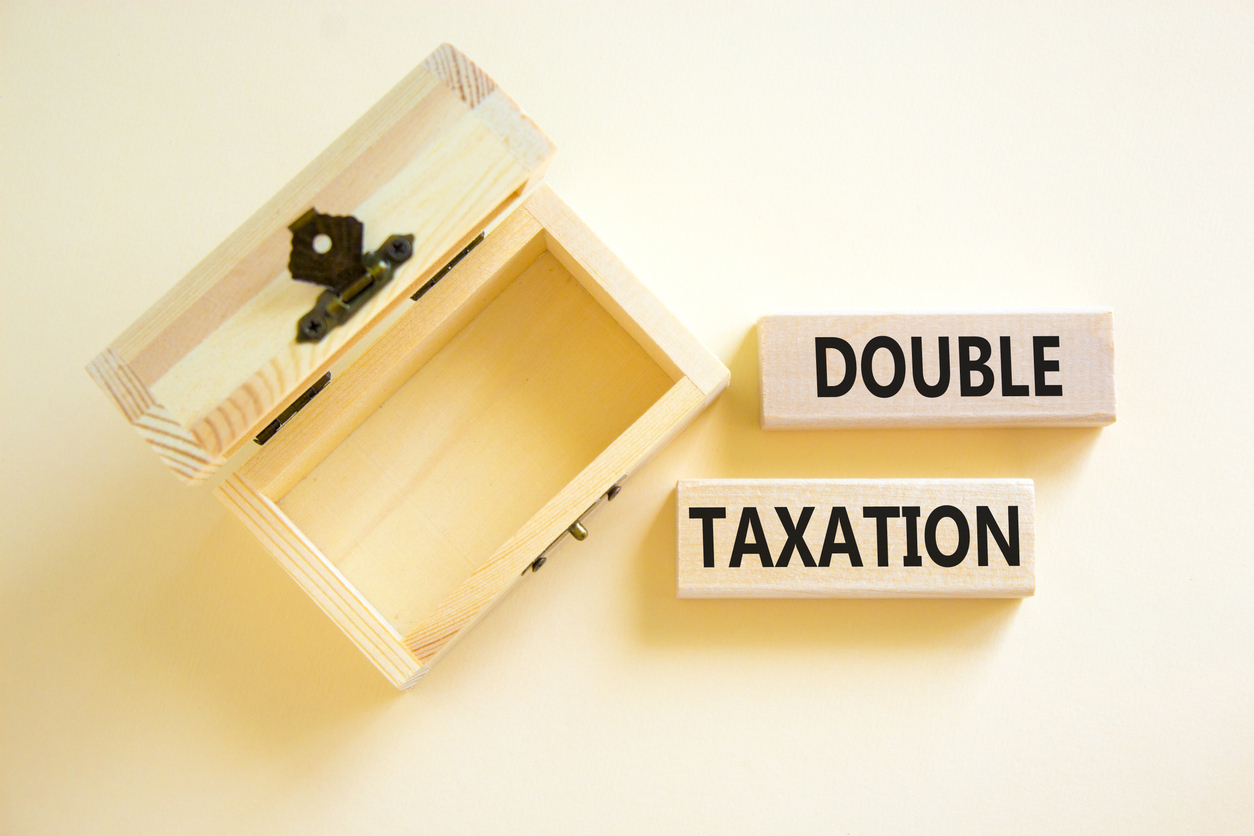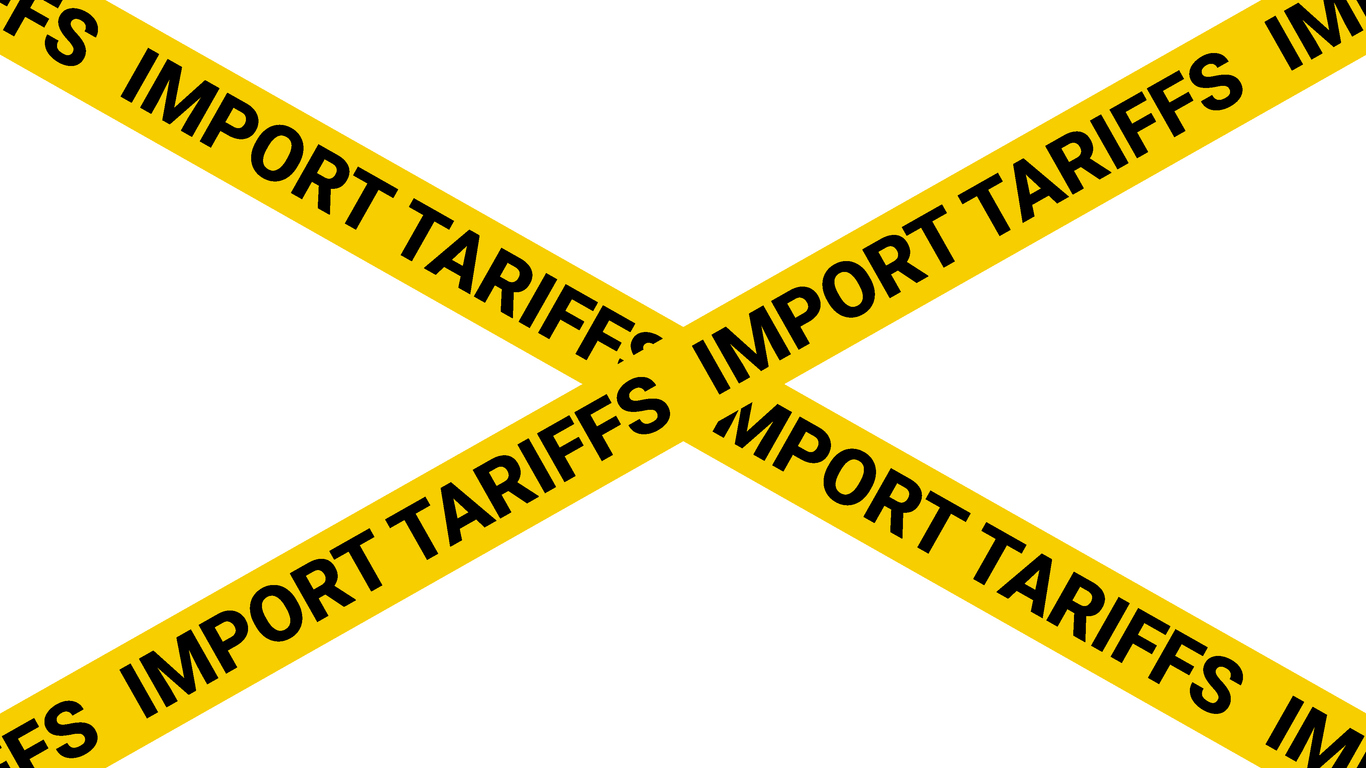How To Buy And Export Plastic Pipes From South Africa
How To Buy And Export Plastic Pipes From South Africa
The plastic pipe industry is a large and growing market. In South Africa alone, there are more than 50 manufacturers of plastic pipes. The volume of the global market for plastic pipe is projected to grow by almost 6% annually over the next five years, leading to an overall value of $6 billion by 2021. There are various factors that make exporting from South Africa challenging. The country has high minimum wages and strict labor laws which make it very expensive for manufacturers to produce goods there. And since most competitors export from places like India and China, the costs of shipping products back to South Africa can get prohibitively high in a hurry. If you’re thinking about purchasing or exporting plastic pipes from South Africa, there are unique challenges involved in every step of the process. Here we have compiled some advice on how to buy and export these pipes effectively so that your business doesn’t get stopped in its tracks before it even gets started.
Finding Suppliers in South Africa
The first step in the process of buying and exporting plastic pipes from South Africa is finding the right supplier, and this is not as easy as it sounds. Many of the larger manufacturers there are vertically integrated. This means that they control the entire supply chain from raw materials to shipping, which means that they also have a monopoly on the distribution of their products. This means that you have to go through your manufacturer to purchase any pipes from them, which can make it very difficult to buy additional supplies from other sources. The key is to find a supplier that is willing to sell you products on the open market. This will give you additional freedom in your sourcing options and make it easier for you to find the best deals.
Make Sure You’re Buying Quality Pipes
No matter where you buy your pipes from, it’s important to make sure that they’re of the highest possible quality. Many manufacturers in developing countries like to cut corners, using low-quality materials and/or shoddy construction. This can lead to product failure, either during shipping or after installation. There are a few things you can do to ensure you’re getting quality plastic pipes. First, you should always check the country of origin. Pipes made in South Africa or other African countries are likely to be of lower quality than those made in Europe or America. Second, you should look at the brand of the pipes. Many manufacturers in developing countries sell their products under their own brand name, meaning that you can’t be sure where your pipes came from until you actually purchase them.
Determine the Shipment Weight of Your Plastic Pipes
One of the first things you have to do when purchasing or exporting plastic pipes is to find out their shipping weight. This will help you determine how much it will cost to ship your goods to the destination of your choice. Most South African manufacturers have their own weight charts for various pipe sizes and materials and will gladly share this information with you. But if you can’t get your hands on this data, you can also estimate the shipping weight of your pipes by using this equation: Length x Width x Height / 2000 = Shipping Weight There are a few other things you need to know when estimating the weight of your pipes. First, you have to take into account how much the pallets that your pipes are placed on weigh. Second, you need to make sure to account for the containers that will hold the pallets and protect your pipes from damage.
Find The Best Shipping Rates For Your Goods
You should always choose your shipping company based on their rates and services. You should never base your decision on how cheap a company is based on their rates and services. You should never base your decision on how cheap a company is because you don’t know what kind of service you’re going to get for the price you pay. For example, if you choose a shipping company based on their low rates, you may find that they are unable to handle your pipes properly. They may not have the proper equipment to move your goods, or they may use inexperienced workers who damage the pipes and render them unusable. You should research a number of shipping companies based on their services, rates, and reputation before choosing one to work with. Luckily, there are plenty of online comparison tools that make this task much easier.
Find The Right Export Company To Help You Move Your Goods
Once you’ve purchased your pipes and they’re ready to be shipped, you’ll need to find an export company to help you move them. Export companies are different from shipping companies in that they’re responsible for getting your goods from the manufacturer to the port where they will be shipped. Finding an export company for your goods can be challenging. There are a few things you should keep in mind when searching for the right company for the job. First, you want to make sure that the company has the necessary licenses to handle your goods. Second, you should look to see if they have experience with your type of product. Find out if there is any value-added services an export company can provide. For example, some companies may offer to help you with the export paperwork.
Conclusion
At the end of the day, buying and exporting plastic pipes from South Africa is not as difficult as it may sound. You just need to make sure you follow these steps and you will be able to make your purchase without any problems. Remember that finding the right supplier, making sure you’re buying quality pipes, and determining the shipping weight of your goods are the three most important steps in the process.








LEAVE A COMMENT
You must be logged in to post a comment.